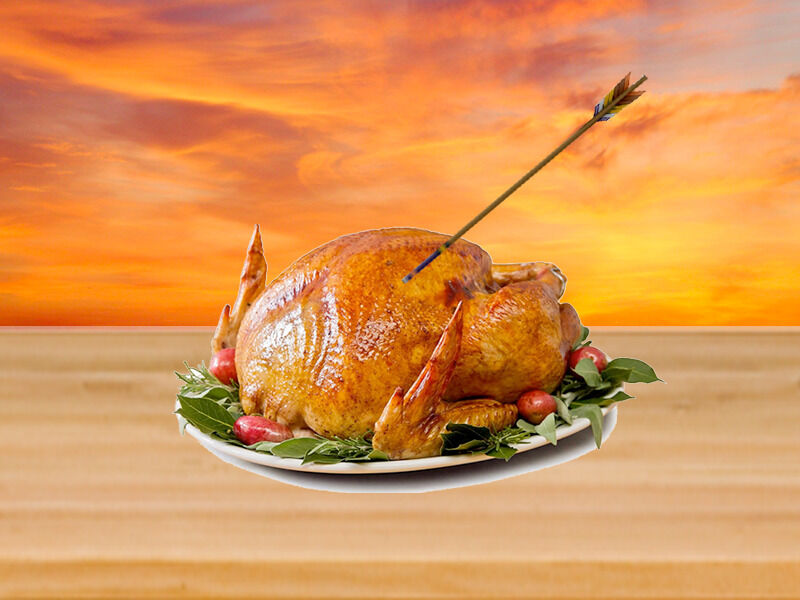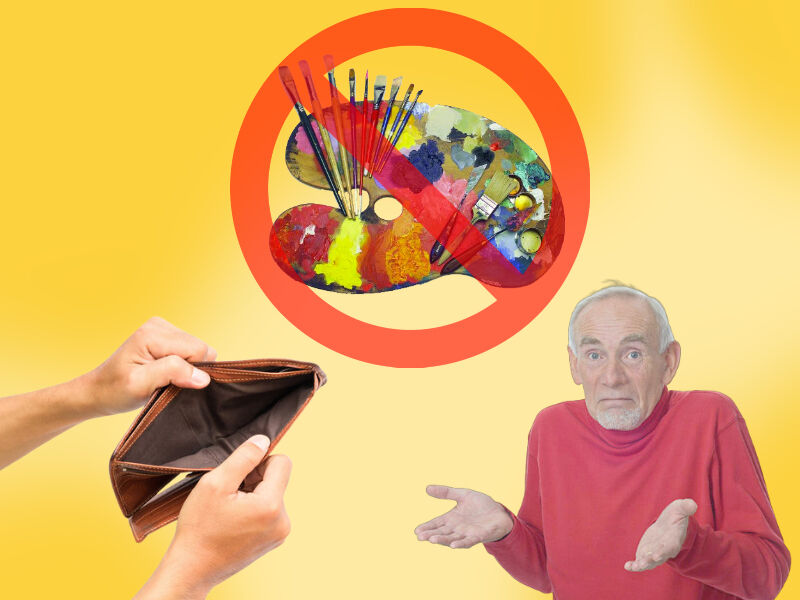Thanksgiving is a time to remember the truth. For many years, the story of Thanksgiving has been rewritten to conceal its dark history. Some may have grown up with the story of a happy celebration between Indigenous people and Europeans, where both ate dinner together in peace. These sugar-coated stories – among many others – have caused lasting damage.
In reality, according to the Smithsonian Magazine, massacres and disease shaped the holiday into what is known today as Thanksgiving. The Wampanoag tribe, one of the indigenous tribes living in America at the time, was most connected with the story of Thanksgiving. Massasoit, the chief of the Wampanoag tribe, sought an alliance with the settlers of Plymouth. Many of his people had been infected with disease and he hoped for help.
This Thanksgiving “peace” did not last. The Wampanoag tribe and the settlers of Plymouth fought against France and other local indigenous tribes. As more Europeans arrived, the Wampanoag tribe continued to die from the diseases brought over by early settlers. After Massasoit passed away, his son Metacomet, known as King Philip, became chief. Soon the strained relations between the Wampanoag tribe and European settlers finally broke. Metacomet’s men were slaughtered for the murder of John Sassamon, a Ponkapoag interpreter and Christian convert, sparking a bloody and devastating war. Metacomet was beheaded and dismembered.
Due to the dark past of Thanksgiving, many U.S. citizens call for a reexamination of the meaning of the holiday. In 1970, the Aquinnah Wampanoag activist Frank James helped establish a National Day of Mourning, which occurs on November 23. The plaque at Cole’s Hill in Plymouth, Massachusetts states, “It is a day of remembrance and spiritual connection as well as a protest of the racism and oppression which Native Americans continue to experience.”
The true origin of Thanksgiving has been shrouded for generations. Many debate over the date of the first Thanksgiving. Some argue it occurred in 1637 when Governor John Winthrop celebrated the massacre of 900 Pequot indigenous people. Others think it was in 1621.
Now the world knows the truth of Thanksgiving. Communities around the world celebrate what they are thankful for while also remembering Thanksgiving’s past. Knowing the horrors of history has inspired people to enlighten others. We must all learn from past mistakes and work to maintain gratitude and peace.

 A Spooky Good Time
A Spooky Good Time